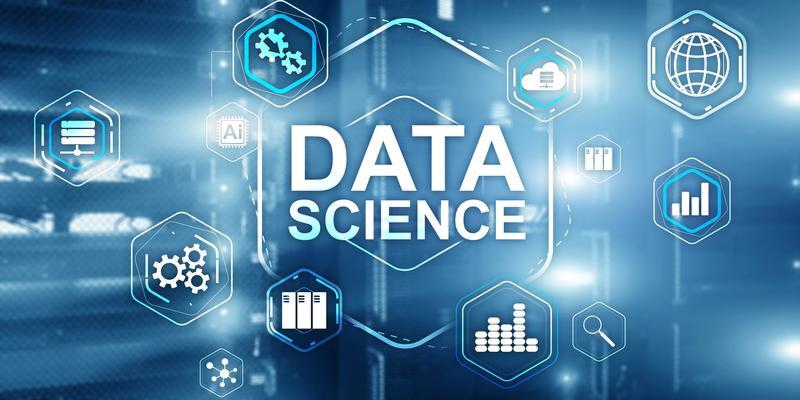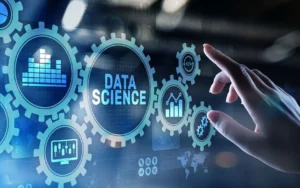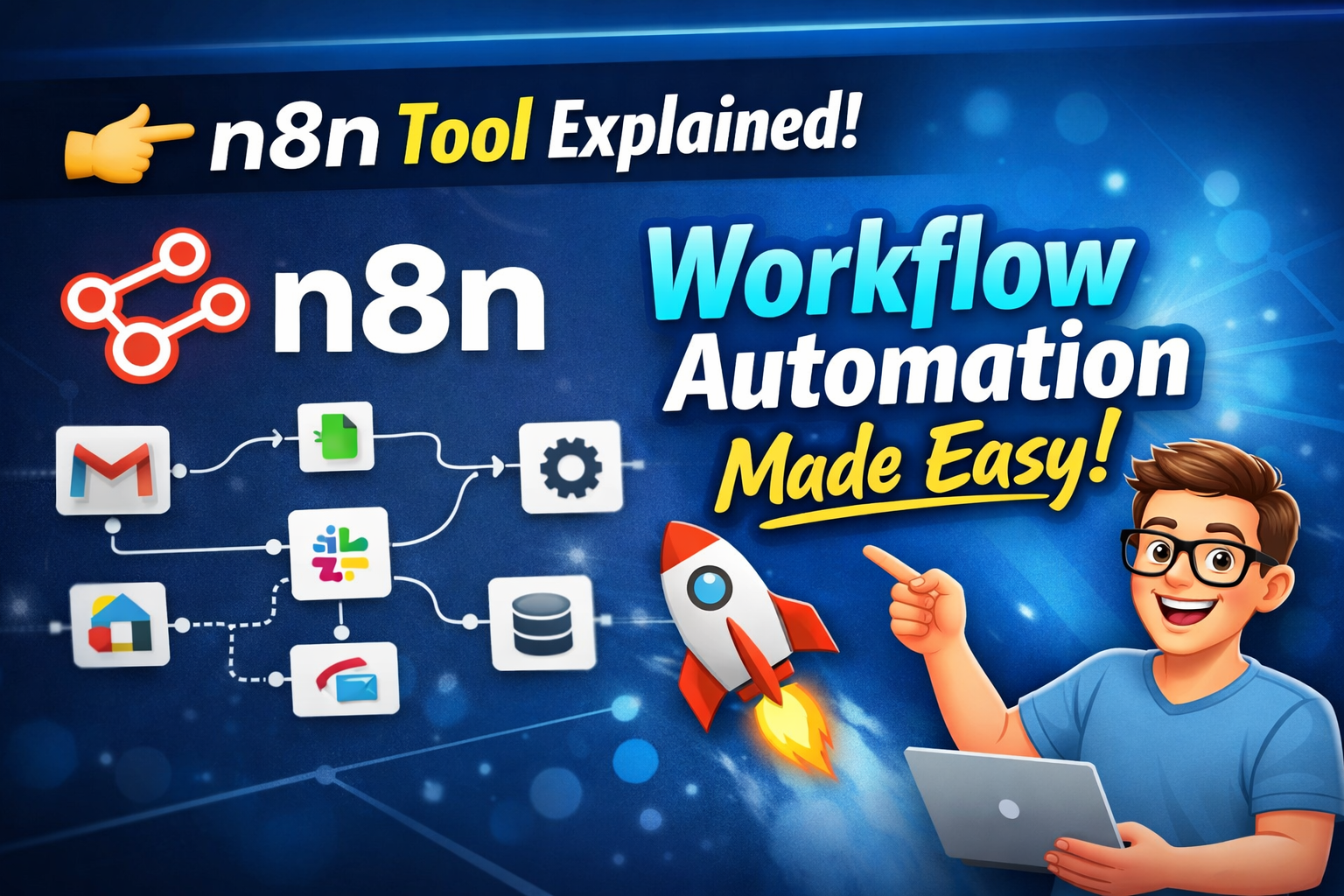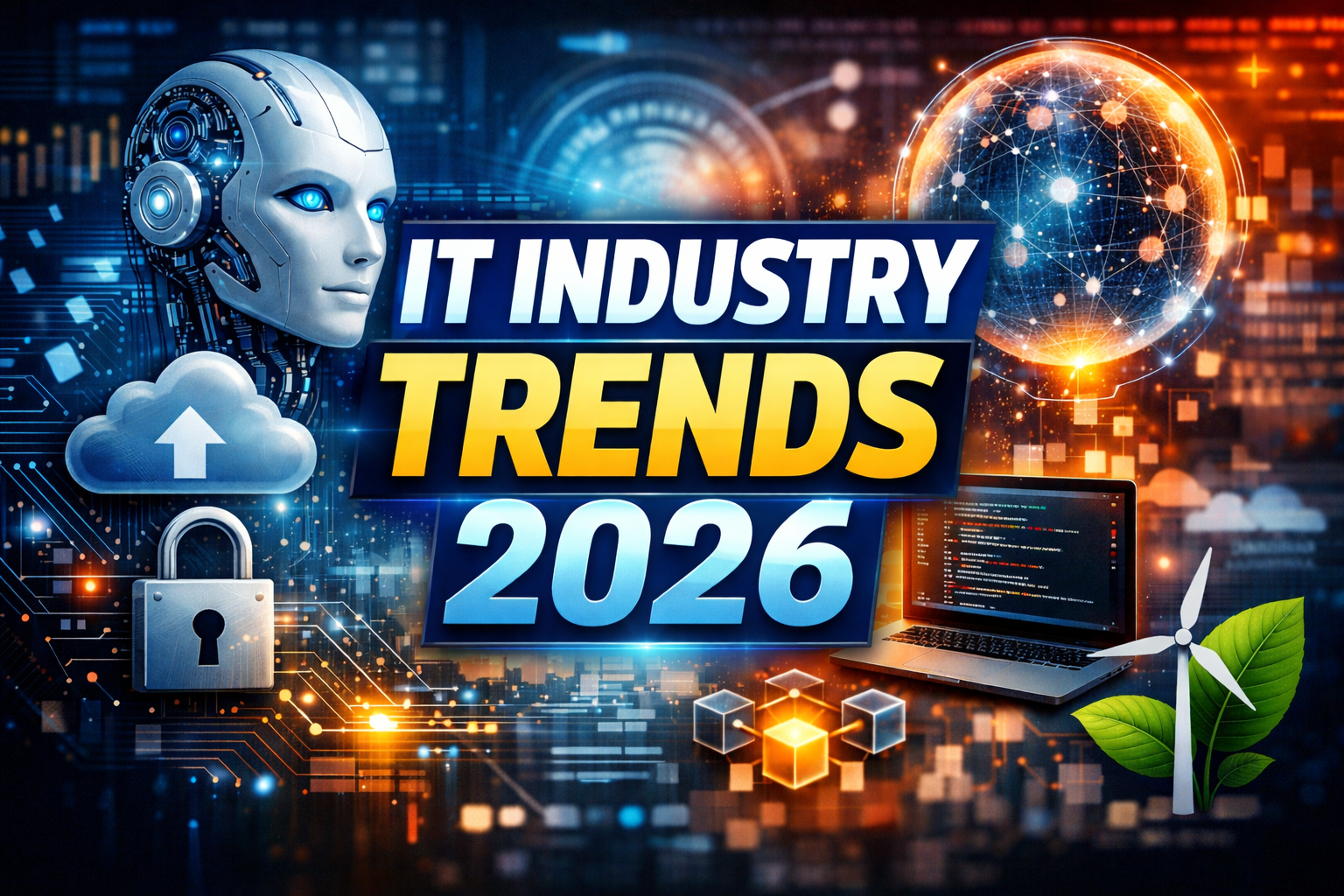Data Science & Big Data Analytics in 2025 | Scope, Career, and Future Trends
Discover how Data Science & Big Data Analytics are transforming industries in 2025. Learn about their importance, applications, and career opportunities for beginners and IT students.
🔍 Introduction
In the modern digital world, Data Science and Big Data Analytics have become the backbone of intelligent decision-making. Every second, millions of data points are generated through social media, e-commerce, and IoT devices. Businesses across industries are leveraging data-driven insights to improve efficiency, enhance customer experience, and drive innovation.
If you’re a student or beginner in the IT industry, understanding Data Science and Big Data Analytics is essential for building a future-proof career in 2025 and beyond.
💡 What is Data Science?
Data Science is a multidisciplinary field that uses statistics, machine learning (ML), and artificial intelligence (AI) to analyze and interpret complex data. It helps organizations make better decisions based on data insights rather than guesswork.
Key Components of Data Science:
-
Data Collection: Gathering raw data from multiple sources.
-
Data Cleaning: Removing errors and inconsistencies.
-
Data Analysis: Using algorithms and models to extract insights.
-
Data Visualization: Presenting results through charts and dashboards.
Popular Tools: Python, R, TensorFlow, SQL, Tableau, Power BI.
📊 What is Big Data Analytics?
Big Data Analytics refers to analyzing large and complex datasets (known as Big Data) that traditional software cannot handle. The goal is to uncover hidden patterns, trends, and correlations to make strategic business decisions.
Types of Big Data Analytics:
-
Descriptive Analytics: What happened in the past.
-
Diagnostic Analytics: Why it happened.
-
Predictive Analytics: What might happen next.
-
Prescriptive Analytics: What actions to take for better outcomes.
Popular Tools: Apache Hadoop, Spark, Cassandra, Hive, Google BigQuery.
🌐 Difference Between Data Science & Big Data Analytics
| Aspect | Data Science | Big Data Analytics |
|---|---|---|
| Focus | Data insights through ML & AI | Handling and processing large datasets |
| Goal | Predict outcomes | Find patterns and optimize operations |
| Tools | Python, R, TensorFlow | Hadoop, Spark, Hive |
| Applications | Predictive modeling, automation | Real-time data processing, trend analysis |
🚀 Applications in Real-World Industries
1. Healthcare:
Predicting diseases, personalizing treatments, and improving patient outcomes using predictive analytics.
2. Finance:
Fraud detection, risk management, and algorithmic trading powered by machine learning.
3. E-Commerce:
Customer segmentation, personalized product recommendations, and price optimization.
4. Education:
Analyzing student performance and creating adaptive learning systems.
5. Agriculture:
Predicting crop yield and optimizing water usage using AI & IoT data.
💼 Career Opportunities in Data Science & Big Data Analytics (2025)
The global demand for data professionals is skyrocketing. As per industry reports, there will be over 11 million jobs worldwide related to Data Science & Big Data Analytics by 2026.
Top Career Roles:
-
Data Scientist
-
Big Data Engineer
-
Machine Learning Engineer
-
Data Analyst
-
Business Intelligence Developer
-
AI Researcher
Average Salary (India):
-
Data Scientist: ₹10–25 LPA
-
Big Data Engineer: ₹8–20 LPA
-
Data Analyst: ₹6–12 LPA
📈 Future Trends in Data Science & Big Data (2025 and Beyond)
-
AI Integration: Deep learning and neural networks will drive next-gen analytics.
-
Edge Computing: Data processing closer to the data source for real-time analytics.
-
Data-as-a-Service (DaaS): Companies will offer analytics as cloud-based services.
-
Automated Machine Learning (AutoML): Simplifying model building for non-experts.
-
Quantum Data Analytics: Emerging as a breakthrough for ultra-fast data computation.
🧭 Why Students Should Learn Data Science & Big Data Analytics
For IT students and beginners, learning Data Science and Big Data provides:
-
A future-ready skillset for high-paying tech jobs.
-
Hands-on experience with AI, ML, and cloud computing.
-
Opportunities in every industry, from banking to healthcare.
-
Global recognition and flexibility to work remotely.
🧩 Conclusion
In 2025, Data Science & Big Data Analytics are no longer optional — they are essential technologies for every business and professional. From predicting customer behavior to detecting fraud, these tools are shaping the future of intelligent decision-making.
If you are planning to start a career in AI, ML, or data analytics, now is the perfect time to learn Data Science and Big Data Analytics and build a successful future in the tech industry.
read also : Artificial Intelligence (AI) & Machine Learning (ML) The Future of Technology in 2025




